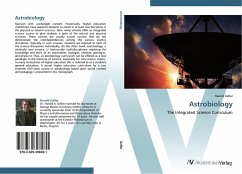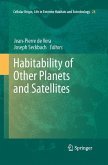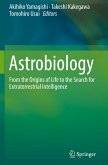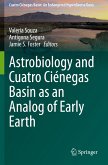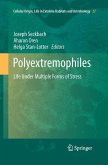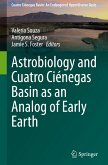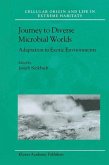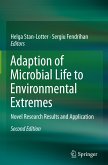Revision with unchanged content. Historically, higher education institutions have required students to enroll in at least one discipline in the physical or natural sciences. Now, many schools offer an integrated science course to give students a taste of the natural and physical sciences. These courses are usually survey courses that do not demonstrate the interdependencies among the various science disciplines. Typically in such courses, students are exposed to each of the science disciplines individually. On the other hand, astrobiology, a relatively new science, is intrinsically multidisciplinary requiring the knowledge and skills of an astronomer, biologist, chemist, geologist, and physicist. Thus, an astrobiology curriculum can be offered as a new paradigm in the teaching of science, especially for non-science majors. In many institutions of higher education this is referred to as a student's general education. A sound higher education curriculum for a two semester (full-year) course in astrobiology based upon sound content and pedagogy is presented in this monograph.
Hinweis: Dieser Artikel kann nur an eine deutsche Lieferadresse ausgeliefert werden.
Hinweis: Dieser Artikel kann nur an eine deutsche Lieferadresse ausgeliefert werden.

